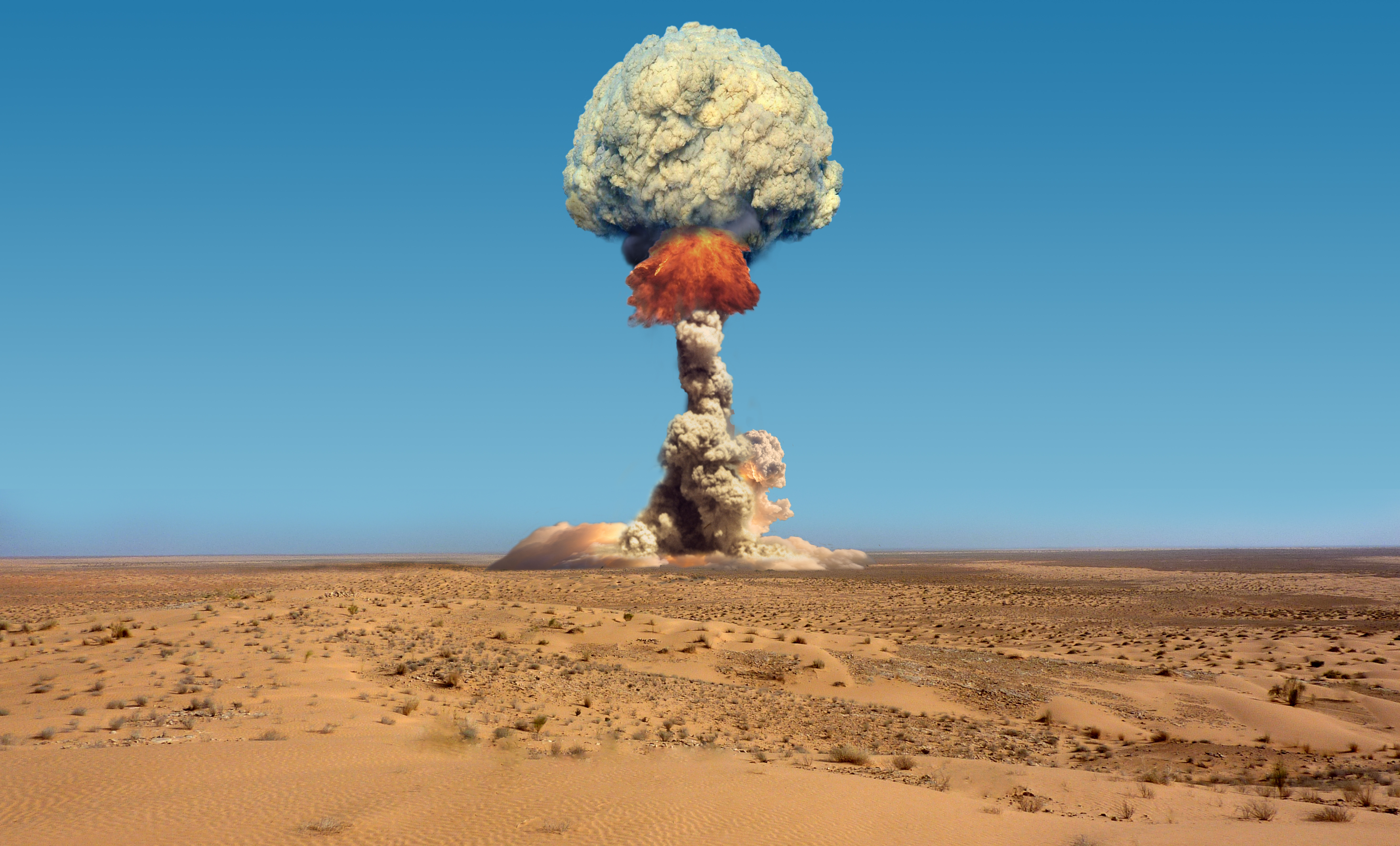
The results of a study on cancerous side effects for people housed near a New Mexico test area for the world’s first atomic bomb are expected to be released in the spring of 2019, the National Cancer Institute shared.
Researchers hope to complete study, which will be published in a peer-reviewed journal, by early next year, Institute spokesman Michael Levin told The Associated Press.
Descendants of people who lived near the Trinity Test site hope to be included in the federal Radiation Exposure Compensation Act, saying their families suffered from rare cancers and financial hardship as a result of living near the site.
Previous studies have found that atomic bomb survivors have a heightened risk for many types of cancers. Aug. 6 was the 73rd anniversary of the Hiroshima bombing.
The National Cancer Institute expects to finish a long-awaited study into the cancer risks of residents living near the world’s first atomic bomb test site in 2019. https://t.co/gYq9sS1JUg
— AP West Region (@APWestRegion) August 6, 2018
There were test sites in Tennessee and Washington as well. For this study, researchers focused on New Mexico, and included current residents in their research as well. The Institute may share its results with residents ahead of the journal’s release, depending on the journal’s specific policy.
“To keep the communities well informed about the status of the study, the NCI team has sent regular email updates,” principal investigator on the study Steve Simon told the AP.
Read about radiation’s effects on cardiac disease.
Read about ionizing radiation-induced cellular senescence.
Atomic bomb survivors have an increased risk of many #cancers @NCIEpi video explains what we know: https://t.co/DDuv76czrM pic.twitter.com/4ieCHsYj83
— NCI Prevention (@NCIprevention) October 13, 2017
Source: The Associated Press







 © 2025 Mashup Media, LLC, a Formedics Property. All Rights Reserved.
© 2025 Mashup Media, LLC, a Formedics Property. All Rights Reserved.